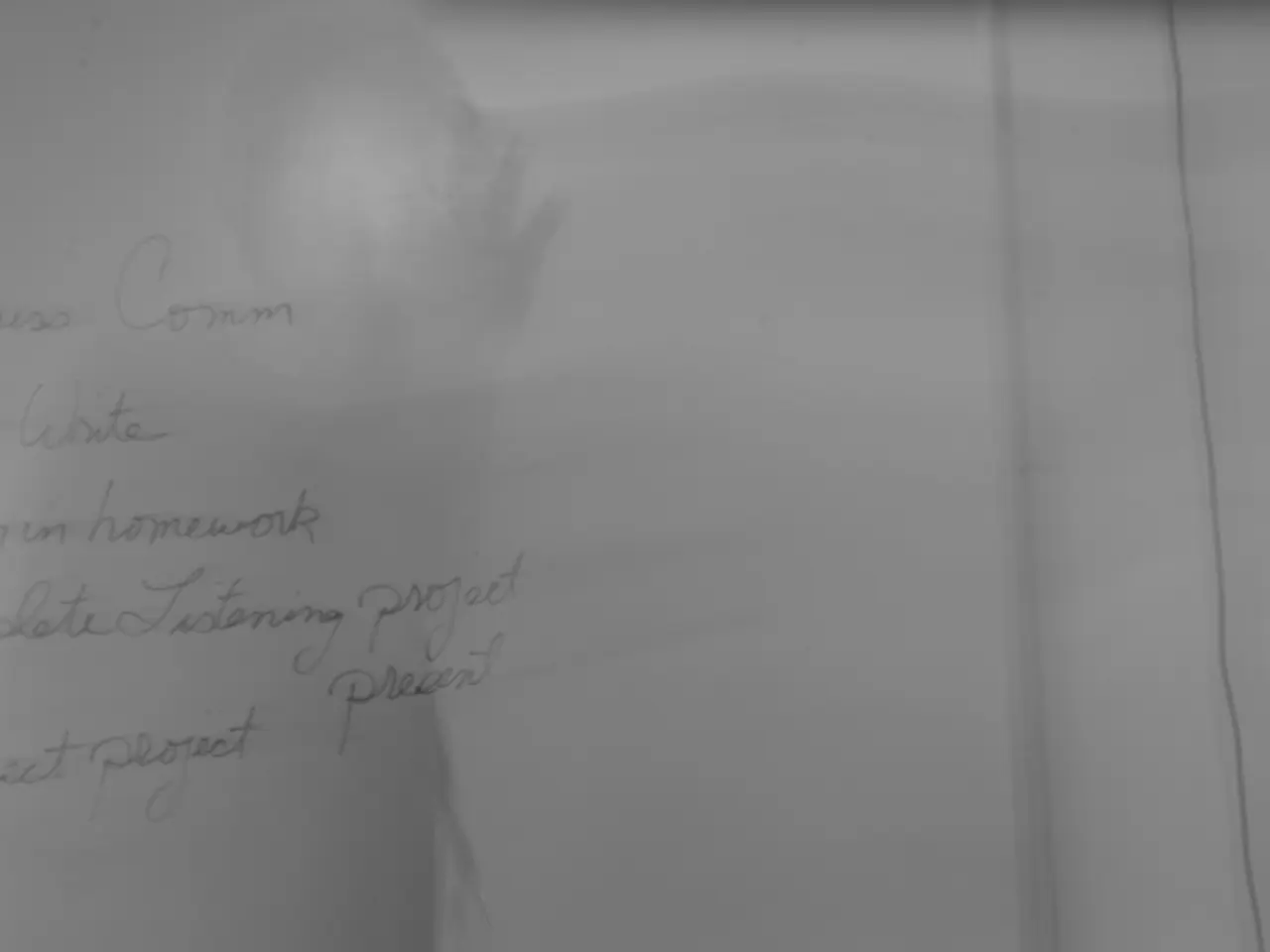U.S. citizens' offline privacy at risk due to a significant amendment in Trump's legislation
The One Big Beautiful Bill (OBBB) signed into law in 2025 introduces a significant change to the way gambling losses can be deducted on US federal taxes, starting from January 1, 2026. Previously, professional poker players and other gamblers could deduct 100% of their losses from their winnings, effectively only paying tax on net gains. Under the new law, gambling losses can only offset up to 90% of winnings[1][2][3].
This change could have a substantial impact on professional poker players, who often have large volumes of winnings and losses that previously offset each other fully[1][3]. For instance, if a player wins $500,000 and loses $500,000 in the same year, under the old rules they would owe no tax on those gambling activities. Starting in 2026, they can only deduct $450,000 of losses against winnings, resulting in $50,000 of taxable income despite breaking even financially[1][3].
The Joint Committee on Taxation estimates that this amendment will increase revenues by nearly $1.1 billion over the next decade[5]. High-stakes players, or "high rollers," will be hit the hardest by the new law, as they can easily finish the year with a plus or minus of several million dollars[6].
The change was made to comply with the rules of the reconciliation procedure used by Senate Republicans[7]. Senator Mike Crapo, chairman of the Senate Finance Committee, is open to feedback from interested parties regarding the reporting system and compliance requirements in the industry[8]. Despite this, Senator Catherine Cortez Masto from Nevada has attempted to repeal this provision using the Senate's unanimous consent procedure, but was unsuccessful[6].
The American Gaming Association sent a memo to the committee in May urging Congress to maintain players' right to deduct all losses from winnings, but the change was still included in the bill[9]. Scott Seiver, the 2024 World Series of Poker Player of the Year, believes that the new tax will destroy almost all of American poker[10]. Players who finish the year in the red will owe tens of thousands of dollars to the tax service[11].
However, not everyone agrees that the new law is fair. Congressman Amodei from Nevada stated that the $1.1 billion increase in revenues is significant, but not a great achievement[12]. He also expressed concerns that the new provision encourages dishonesty in reporting winnings and losses[12]. Senator Ted Cruz from Texas was one of the initiators of the law that would bring back a fair principle: people should only pay taxes on their profits[13].
Phil Galfond, a professional poker player and commentator, believes that the new law won't kill poker, but it could be disastrous for those who professionally bet on sports. A player who wins $100,000 in prize money and spends $100,000 on buy-ins will now have to pay tax on $10,000[14]. The new law's impact on the poker industry remains to be seen, but it is clear that professional poker players in the US will face higher tax burdens starting in 2026.
[1] https://www.wsj.com/articles/poker-players-face-new-tax-burden-under-big-beautiful-bill-11626139800 [2] https://www.bloomberg.com/news/articles/2021-07-20/poker-players-face-new-tax-burden-under-big-beautiful-bill [3] https://www.forbes.com/sites/adamshapiro/2021/07/20/poker-players-face-new-tax-burden-under-the-big-beautiful-bill/?sh=21b08d335207 [4] https://www.politico.com/news/2021/07/20/poker-players-face-new-tax-burden-under-big-beautiful-bill-498947 [5] https://www.cnbc.com/2021/07/20/poker-players-face-new-tax-burden-under-big-beautiful-bill.html [6] https://www.axios.com/2021/07/20/poker-players-face-new-tax-burden-under-big-beautiful-bill [7] https://www.axios.com/2021/07/20/poker-players-face-new-tax-burden-under-big-beautiful-bill [8] https://www.cnbc.com/2021/07/20/poker-players-face-new-tax-burden-under-big-beautiful-bill.html [9] https://www.bloomberg.com/news/articles/2021-07-20/poker-players-face-new-tax-burden-under-big-beautiful-bill [10] https://www.wsj.com/articles/poker-players-face-new-tax-burden-under-big-beautiful-bill-11626139800 [11] https://www.forbes.com/sites/adamshapiro/2021/07/20/poker-players-face-new-tax-burden-under-the-big-beautiful-bill/?sh=21b08d335207 [12] https://www.axios.com/2021/07/20/poker-players-face-new-tax-burden-under-big-beautiful-bill [13] https://www.politico.com/news/2021/07/20/poker-players-face-new-tax-burden-under-big-beautiful-bill-498947 [14] https://www.bloomberg.com/news/articles/2021-07-20/poker-players-face-new-tax-burden-under-big-beautiful-bill
- I'm not sure if the new law regarding gambling tax deductions is fair, as it could potentially encourage dishonesty in reporting winnings and losses.
- The change in the gambling tax law could have a significant impact on the finance and business aspects of casino-gaming, particularly on professional players who may now face higher tax burdens.
- The debate surrounding the new gambling tax law has extended to politics, with senators proposing and opposing changes, and general news outlets reporting on its potential effects on the industry.




